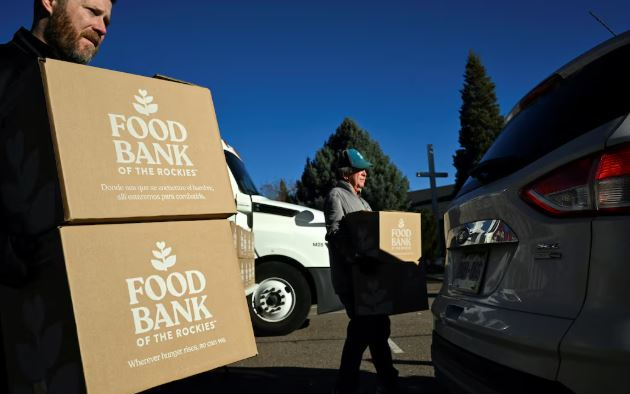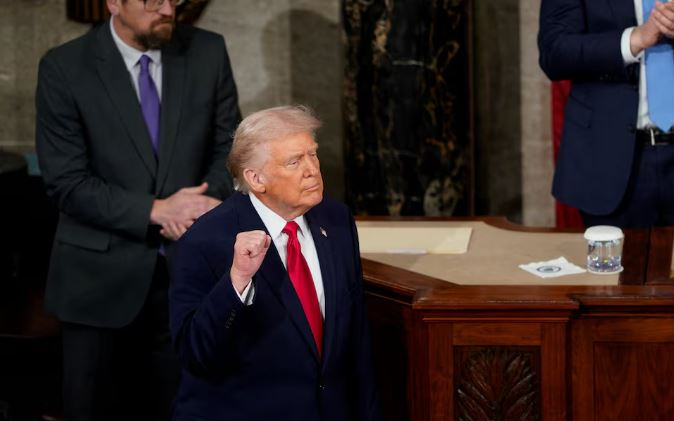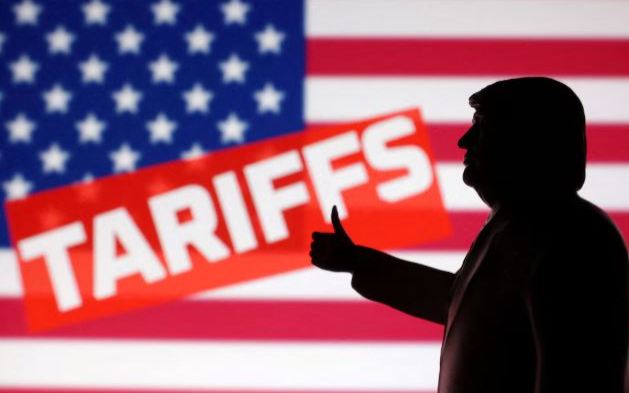我们的后院失火了

我们的后院失火了
——粮食补助中止為社会带来灾难
我们的后院再度失火了。这一次,火不是从远方烧来,而是从政府的
这句话冷冷的、简短的,却足以让千万个家庭陷入惊惶。美国农业部
在德州休士顿的超市裡,一位母亲蹲下身,数着掌心的硬币;
在食物银行门外,一位老人裹着风衣静静排队;
在学校餐桌上,一个孩子打开午餐盒,只剩下一片麵包。
这些画面,正逐渐从个别的故事变成集体的现实。
粮食补助的中止,不仅让最弱势的一环断裂,更撕开了整个社会的裂
更令人忧虑的是,新的法案正在扩大「工作要求」条件——据估计,
然而,在灾难蔓延之际,仍有微光闪烁。德州超市龙头 H-E-B 宣布捐出五百万美元,支援州内食物银行;许多教会与志愿团体也自
但民间的爱心,终究无法取代制度的责任。
一个国家的强大,不应只看股市与军备,而应看它如何对待飢饿的人
当粮食补助停发,飢饿将变成社会的导火线;
当饭桌空了,良知若也枯竭,那烧的不只是后院——
而是人性最后的堡垒。所以,在这场无声的火灾中,我们必须提水的人,
不是别人——正是你我。
Our Backyard Is On Fire
The End Of Food Assistance Brings Disaster to Society
Our backyard is on fire again. This time, the flames were not sparked by war or nature, but by a single government notice:
“Food assistance will stop next week.”
The sentence is brief, cold, and bureaucratic — yet it carries the weight of despair for millions. Amid the ongoing federal shutdown, the U.S. Department of Agriculture has announced that, without renewed funding, all SNAP food benefits will cease in November. For families who rely on these benefits to survive, this is not a policy adjustment — it is a collapse of daily life.
In a Houston supermarket, a mother kneels to count the coins in her palm.
Outside a food bank, an old man waits quietly in the wind. At a school cafeteria, a child opens a lunchbox containing nothing but a single slice of bread. These are not isolated scenes; together, they form the faces of America’s silent hungry.
The suspension of food aid is not only an economic failure — it is a moral one. When hunger spreads among the weakest, the whole social fabric begins to unravel. Hunger breeds fear; fear breeds anger; and anger, when left to burn, consumes trust and compassion. A society that cannot feed its own people cannot call itself stable, let alone just.
To make matters worse, new federal rules expanding work requirements for SNAP eligibility are expected to strip more than two million people of assistance. These are not the idle or unwilling — they are low-wage workers, seniors, and struggling families who already live on the edge of survival. They will soon join the ranks of the “invisible hungry,” forgotten by the system that once promised to protect them.
And yet, amid the crisis, there are sparks of hope. In Texas, grocery chain H-E-B has pledged $5 million to help food banks across the state. Churches, nonprofits, and volunteers are organizing donation drives, trying — with buckets of kindness — to extinguish a wildfire of need.
But charity alone cannot replace responsibility. The strength of a nation is not measured by its stock market or its military arsenal, but by whether it ensures that no one must go to bed hungry.
When food assistance stops, hunger becomes the match that ignites social unrest.
When the dinner table grows empty and compassion dries up, the fire consumes not only our backyard, but the very foundation of our humanity.
And so, in this silent blaze, the ones who must bring water are not others —
but ourselves.






























